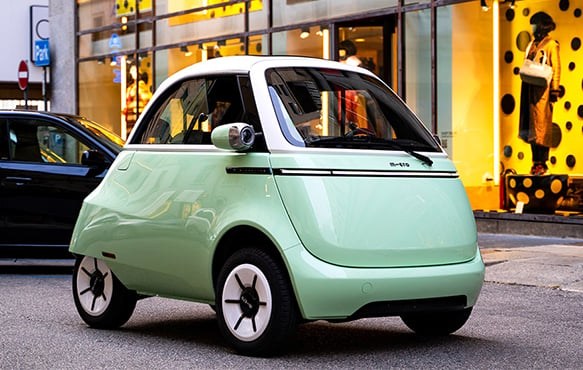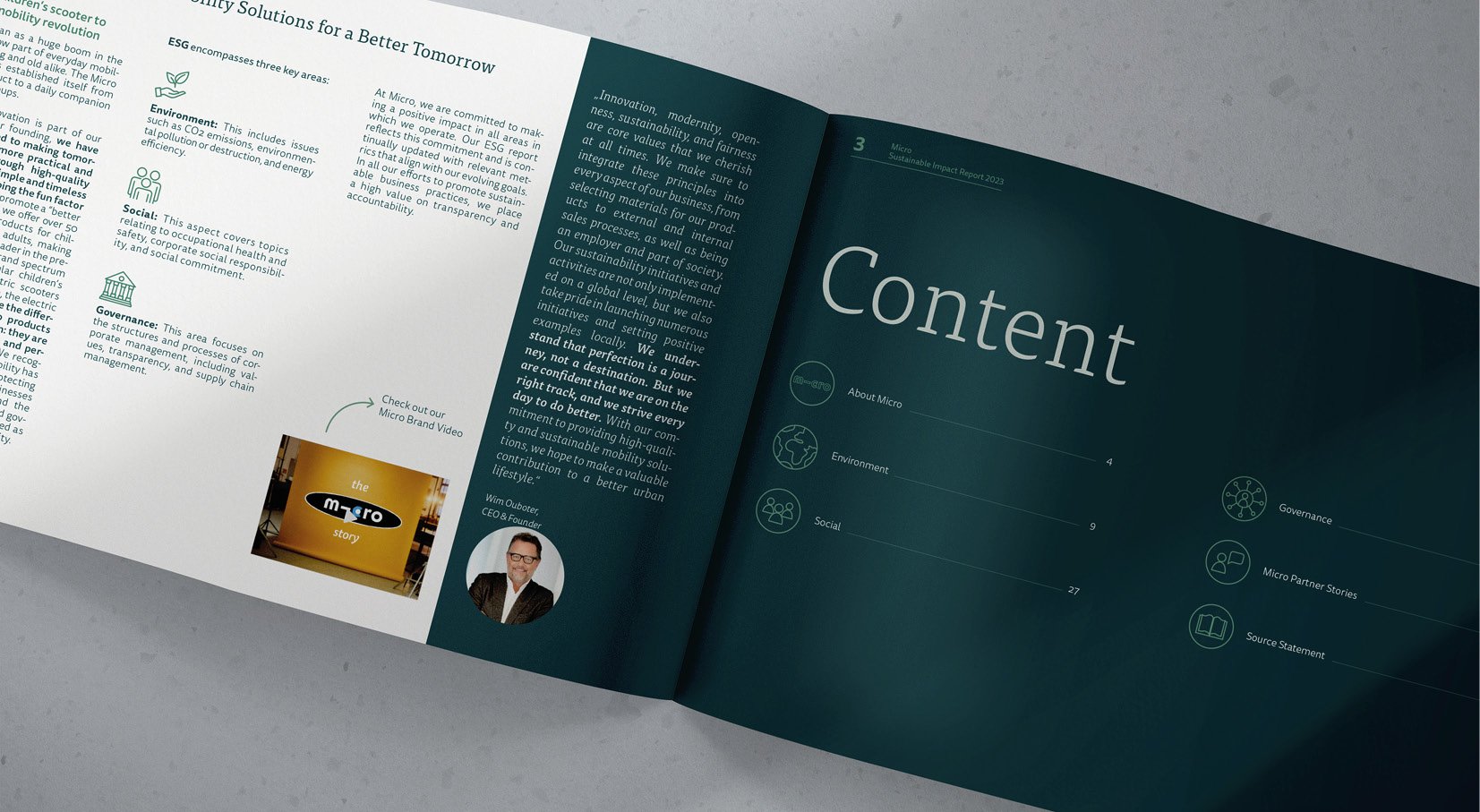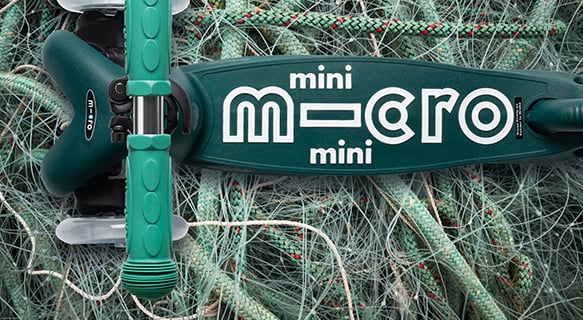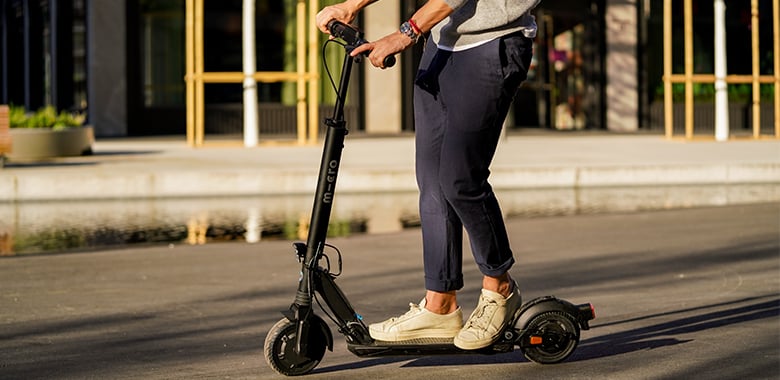A new study by the Swiss Federal Institute of Technology Zurich (ETH) shows that shared e-scooters do more harm to the climate than good. Private e-scooters, on the other hand, are an environmentally friendly complement to public transport.
No climate-friendly balance
The research team led by Daniel Reck and Kay Axhausen from the Institute of Transport Planning and Systems (IVT) at ETH collected position data, bookings and survey data from 540 study participants in the city of Zurich for three months. This made it possible to reconstruct around 65,000 journeys using eight different modes of transport. The researchers were able to show that shared e-scooters and e-bikes mainly replace modes of transport that are already sustainable, such as a streetcar ride, a bicycle ride or a distance on foot. Car trips, on the other hand, are less likely to be replaced. Previous studies had given e-vehicle fleets better carbon footprints because the calculations more often assumed that a car trip would be replaced.

Fig. 1: Substitution rates for micro-mobility modes by distance. (https://doi.org/10.1016/j.trd.2021.103134)
Owning is better than sharing
However, an important distinction must be made between private ownership of e-scooters and the sharing model. Shared e-scooters emit more CO2 than the mode of transportation they replace, while privately owned e-scooters emit less CO2 than the mode of transportation they replace. According to the researchers, this is partly because private e-scooters remain in use for more than twice as long on average before they need to be serviced or replaced. In addition, cities increasingly see a growing challenge in integrating the quantities of micro-vehicle fleets sensibly into the public spaces of large cities. In the cityscape, they sometimes take over uncontrollably. Moreover, they are often overturned and destroyed, becoming even more scrap metal that pollutes the environment.

Fig. 2: Life cycle CO2 emissions per passenger kilometre of selected transport modes (https://doi.org/10.1016/j.trd.2021.103134)
Micro's strategy: the private e-scooter
"As the inventors of micro-mobility, we have been convinced for over 20 years that a pedal scooter is the ideal means of transportation for cities," says Wim Ouboter, founder and CEO of Micro. Lightweight, foldable, safe and sustainable - these are the criteria Micro applies to its scooters. "These principles also apply to our e-scooters," Ouboter emphasizes. Micro consistently focuses on sustainability and safety.
"Our strategy is the personal electric scooter. When everyone owns their own e-scooter, they also take responsibility for its condition and handling.”
Precisely because of its low weight and easy foldability, the scooter can be taken into the home or office without any problems. This makes the e-scooter an ideal complement to public transport. We are driven by the concern that negative headlines will damage the image of the ingenious, simple and agile means of transport. "The sharing business model without fixed and attended stations, can seriously damage the success of the e-scooter," says Ouboter.











